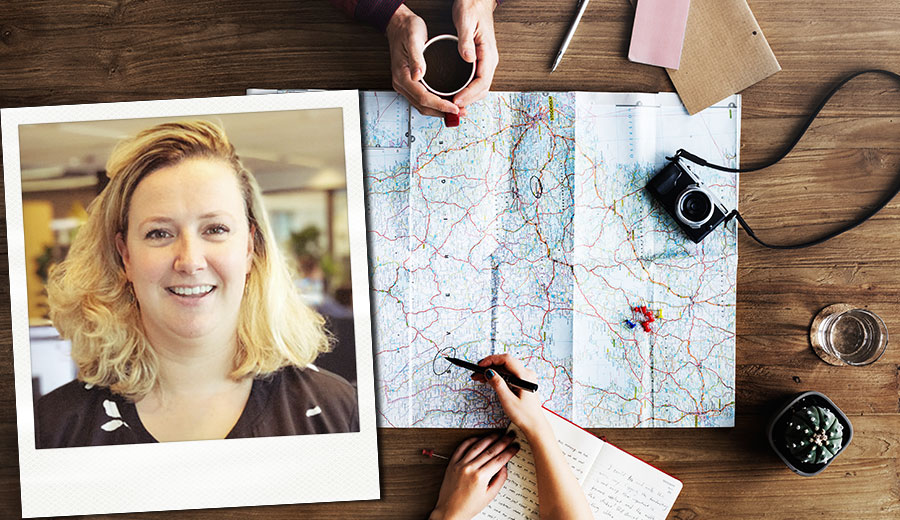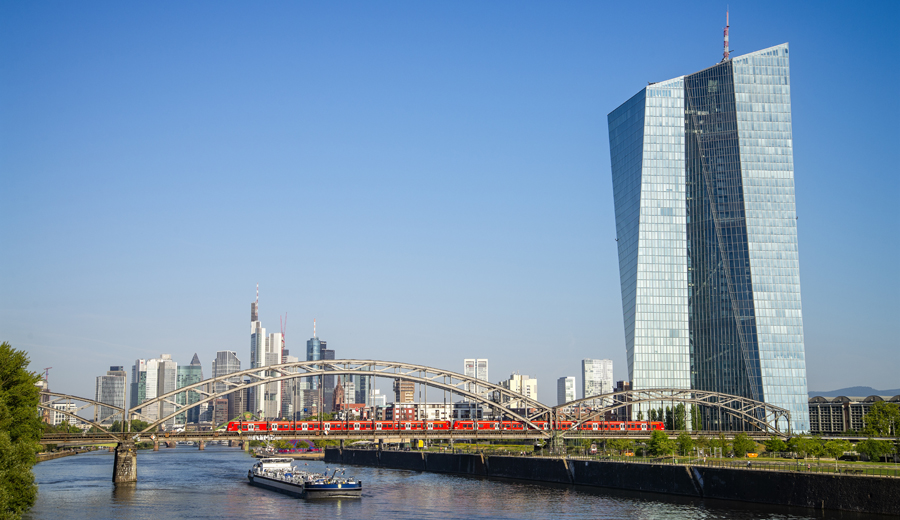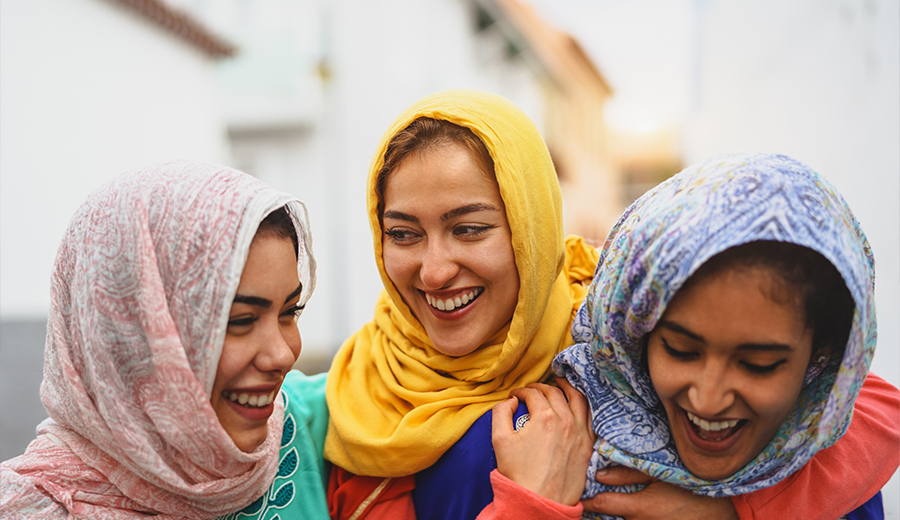
Sustainable Tourism: How can we change tourism behaviour?
Travelling around the world can enrich your life. But did you ever questioned the impact of your travels? Marianne Gybels working at Booking.com tells us more about sustainable tourism within her project Booking Cares.
SUSTAINABLE TOURISM
What is your motivation to support sustainable tourism personally and within your projects at Booking Cares?
I have had the privilege to travel to many wonderful places around the world both professionally and personally. And I truly believe that exploring and experiencing new destinations can enrich your life. At the same time, I have always questioned the impact of my travels. What kind of effect am I having on the local community? How are my travels potentially impacting the local environment? On a personal level, that is where my motivation to work on a more sustainable future for the travel industry comes from.
I believe both travellers and local communities are able to benefit from travel as long as we continue to work together to invest in keeping destinations happy and healthy.
SUSTAINABILITY AT BOOKING.COM
From a Booking.com perspective, the motivations are very similar. As a company that connects travellers with more than 125,000 unique destinations all over the world, we have a vested interest in contributing to the ongoing health of those same destinations and the communities that live there, so that future generations can continue to enjoy them for years to come. Through Booking Cares, we have launched several initiatives to support that mission, including our Booking Booster Programme, a three-week accelerator programme for social enterprise scale-ups in sustainable tourism, providing them with valuable mentoring and the opportunity to pitch for grants of up to EUR 500k from our EUR 2 million fund. In fact, we’re getting ready to host our second round of start-ups in May 2018 in Amsterdam. Towards the end of 2017, we also launched a more compact series of short, more regionally-focussed programmes called Booster Labs to help identify and support innovative startups at an earlier stage in their development with the coaching, insights, tools and funds they need to take their plans to the next level. We have also recently set up the new EUR 2 million Booking Cares Fund, to provide support to innovative projects and changemakers in the non-profit realm that are passionate about making a difference in the sustainable tourism industry. All of these initiatives sit alongside our internal Booking Cares volunteer programme, where employees have long partnered with local organisations on projects that help improve destinations worldwide. Together these projects and initiatives form the core of Booking.com’s larger mission to make a positive impact globally.
TOURISM BEHAVIOUR
Which strategies are useful to change the behaviour of tourists to achieve sustainable development?
Changing behaviour is hard, but it all starts with awareness and there are many different strategies that organisations and passionate individuals are using throughout the industry to contribute to more sustainable development. Our behaviour as travellers is already influenced by the choices that we make before we ever go on a trip. While I believe education is the key to helping make more sustainable choices, from my personal point of view, we also need to make it easier for consumers to find and book the trips and experiences that can have a positive impact and provide a truly local experience. Being able to connect to a destination and its people brings more understanding to the community and will change behaviour in the long run.
At Booking.com we have a mission to empower people to experience the world, a world that should not be taken for granted. Among our other efforts in this space, we are also continually exploring improved ways to uncover and share the sustainability efforts of our accommodation partners with those searching and selecting on our site as part of our own commitment to improving destinations worldwide. Ensuring a sustainable future is a collaborative and ongoing effort, one that means sharing our expertise and working together with non-profit organisations, social enterprises, accommodation providers, other travel companies and of course with travellers themselves.
SUSTAINABLE FUTURE IN THE TRAVEL INDUSTRY
How is destination management changing? Which key issues and current trends do you see in the industry?
One of the biggest trends we are seeing is the increasing emergence of companies, initiatives and individuals that are focused on connecting travellers to local experiences in each destination they travel to.
As many travellers are also exploring new and undiscovered destinations with a bigger focus on the impact of their travel, these travellers often want to spend some of their time during travel to do good for the world.
A great example of this type of platform which combines all of the above is a start-up that participated in our 2017 Booster Programme, Backstreet Academy. Backstreet Academy is a peer-to-peer impact travel platform that empowers impoverished local communities in developing countries who cannot speak English and without access to sophisticated technology themselves to create unique travel experiences, host tourists and showcase their tradition, culture and heritage. By working with Backstreet Academy, they can increase their income two to three times, gain respect for being seen as masters of their craft and preserve the intangible cultural heritage of our world. It is a superb example of how an inventive social enterprise is leveraging technology to bring travellers closer to authentic local experiences while also empowering local communities to benefit more equally from the global tourism opportunity.
We are happy to continue this disscusion with Marianne Gybels in the Executive Panel Discussion „Leading Businesses in the Intersection of Profit, Purpose and Global Impact: Trends, Opportunities and Strategies“ at the Global Female Leaders 2018.
Comments
No Comments

